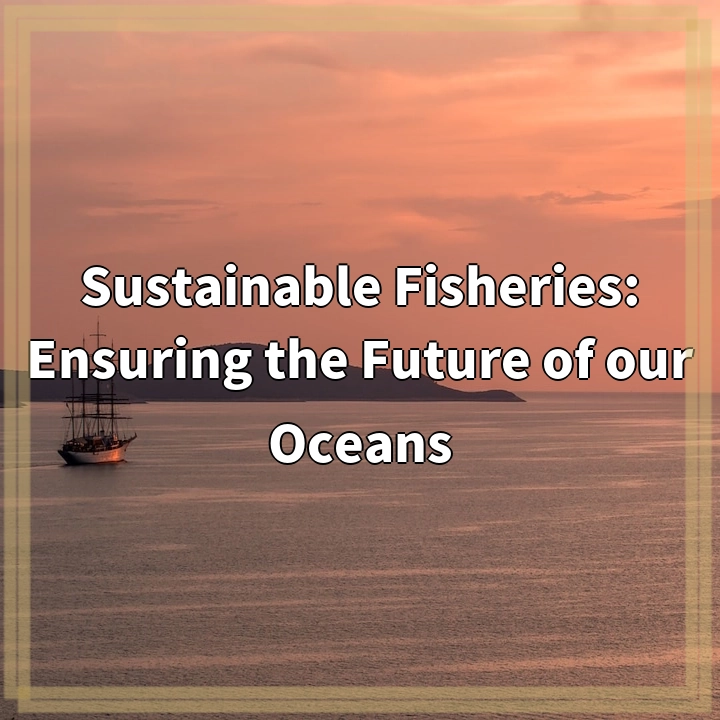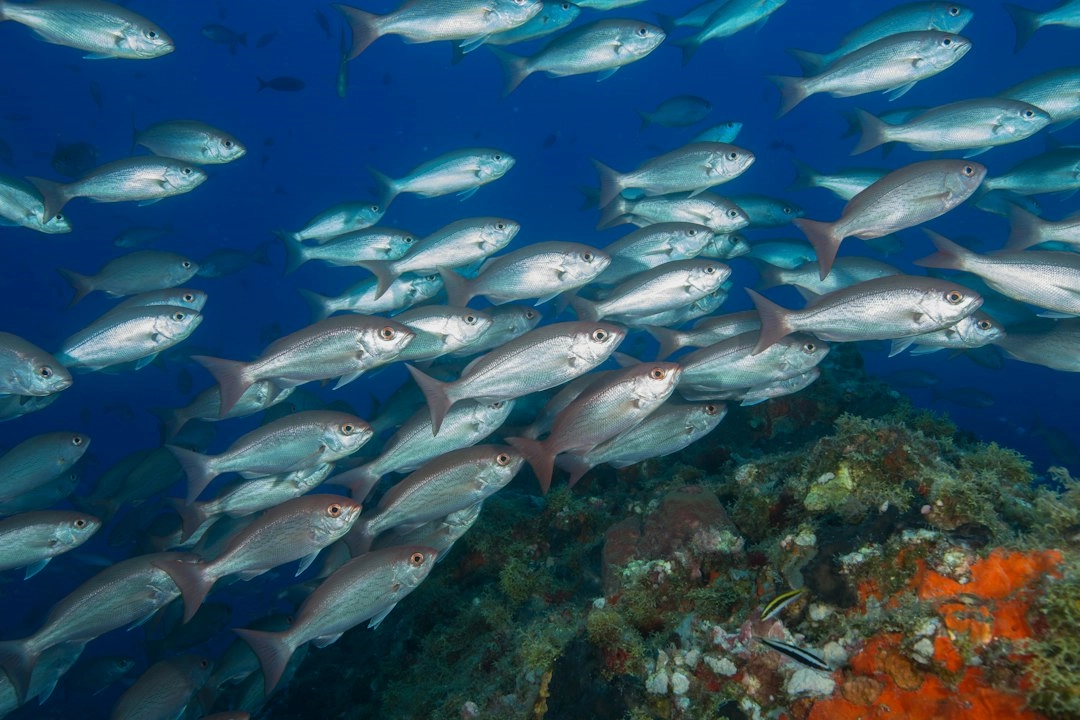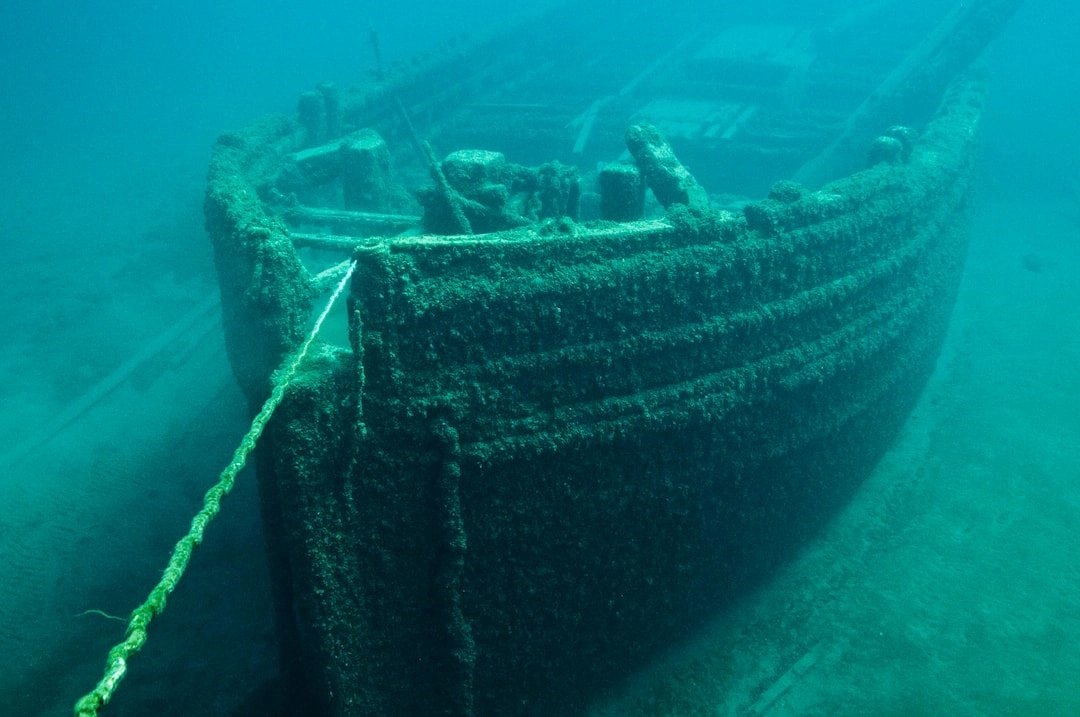
What is Sustainable Fisheries?
Sustainable fisheries refer to the practices and methods used to maintain the long-term health and productivity of fish populations and ecosystems. It involves ensuring that fishing is conducted in a way that meets the needs of present generations without compromising the ability of future generations to meet their own needs.
Real-World Problems Associated with Sustainable Fisheries
Overfishing
One of the biggest challenges in sustainable fisheries is overfishing. Overfishing occurs when fish are harvested from the oceans at a rate that exceeds their ability to reproduce and replenish their populations. This leads to a decline in fish stocks, disrupting the balance of marine ecosystems and threatening the livelihoods of fishing communities.
Bycatch
Bycatch is another significant concern in sustainable fisheries. It refers to the unintentional capture of non-target species, such as dolphins, seabirds, turtles, and juvenile fish, while fishing for a particular species. Bycatch often results in the injury or death of these non-target species, leading to ecological imbalances and the loss of biodiversity.
Habitat Degradation
The destruction and degradation of marine habitats also pose a challenge to sustainable fisheries. Activities like bottom trawling and the use of destructive fishing gear can damage coral reefs, seafloor habitats, and other essential habitats for fish and other marine species. This habitat degradation not only affects the targeted fish species but also has cascading effects throughout the food web.
Illegal, Unreported, and Unregulated (IUU) Fishing
IUU fishing is a significant problem in sustainable fisheries. It involves fishing activities that are conducted outside of applicable laws and regulations or are not reported to the relevant authorities. IUU fishing undermines conservation and management efforts, exacerbating overfishing and putting fish populations and ecosystems at risk.
These are just a few examples of the real-world problems associated with sustainable fisheries. Addressing these challenges requires collective efforts from governments, fishing industries, conservation organizations, and consumers to adopt sustainable fishing practices and support responsible management of our oceans’ resources.

Solutions for Sustainable Fisheries
Science-Based Fisheries Management
Implementing science-based fisheries management is crucial for ensuring the sustainability of fish populations. This involves conducting thorough research and monitoring to determine the status of fish stocks and setting catch limits that will allow for population growth and recovery. By using data-driven approaches, fisheries can be managed more effectively and resources can be conserved for the long term.
Enforcement and Compliance
Strong enforcement and compliance with fishing regulations are essential in addressing overfishing and preventing illegal fishing practices. Governments need to invest in monitoring and surveillance systems to detect and deter illegal fishing activities. Collaboration between countries, international organizations, and law enforcement agencies is also vital in combating illegal, unreported, and unregulated (IUU) fishing.
Reducing Bycatch
To minimize bycatch, innovative fishing gear and practices should be developed and implemented. This can include using selective fishing gear, modifying fishing techniques, and implementing measures such as escape panels and acoustic deterrent devices. By reducing bycatch, the impact on non-target species can be minimized, preserving biodiversity and ecosystem health.
Protecting Marine Habitats
Efforts to protect and restore marine habitats are crucial for sustainable fisheries. Establishing marine protected areas (MPAs) can help conserve important habitats and provide refuge for fish species to reproduce and grow. Moreover, adopting sustainable fishing practices, such as avoiding bottom trawling in sensitive areas, can significantly reduce habitat degradation and protect fragile ecosystems.
Consumer Awareness and Sustainable Seafood Choices
Promoting consumer awareness and encouraging sustainable seafood choices is an important aspect of sustainable fisheries. Consumers can support sustainable fishing practices by purchasing certified sustainable seafood products, looking for eco-labels (such as MSC or ASC certifications), and supporting local and small-scale fisheries that employ sustainable methods. By making informed choices, consumers can drive market demand for sustainable seafood and influence the fishing industry towards more sustainable practices.
These are just a few examples of solutions to promote sustainable fisheries. By implementing these measures and promoting responsible fishing practices, we can ensure the future of our oceans and the livelihoods of fishing communities while preserving the incredible biodiversity that our marine ecosystems provide.















